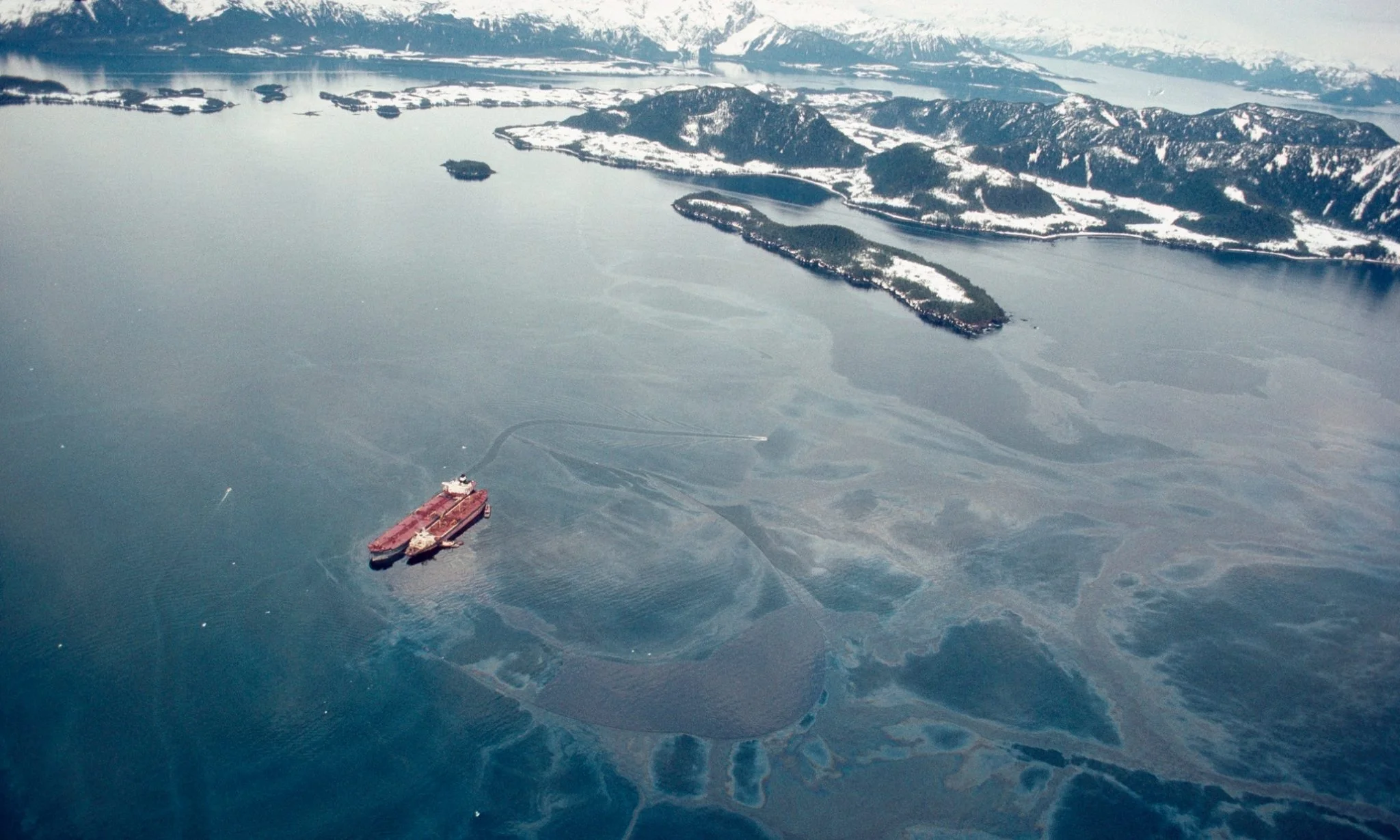On my blog yesterday regarding Mitigating Petroleum Hazards - Part 1, I mentioned a great book to read about the many activities of the oil and gas industry written by Steve Coll, Private Empire: Exxon-Mobil and American Power published in 2013.
The book begins discussing the Exxon Valdez oil spill ten years after the event. In 1989, the oil tanker ran into a reef along the coast of Alaska and spilled 11 million gallons of crude oil. There were many causes for the accident, including the crew, company and even the U.S. Coast Guard was found to be negligent.
Here is what NOAA learned from mitigating the oil spill based on a twenty-five year review:
“In the case of the Exxon Valdez spill, after two years we understood that aggressive shoreline treatment caused more harm than the oil itself; after three to four years, we saw those differences diminish as biological productivity at the most impacted places compensated; after four to six years, shoreline communities had mostly recovered from spill activities; and over five to ten years, we discerned that changes occurring on the shoreline appeared to be linked to subtle, much larger-scale processes that we would not have noted had we not had the long-term record.”
While natural processes may be more effective than human intervention in cleaning up oil spills, the death toll on wildlife can be devastating as reported by NOAA: “How many animals died outright from the oil spill? No one knows. The carcasses of more than 35,000 birds and 1,000 sea otters were found after the spill, but since most carcasses sink, this is considered to be a small fraction of the actual death toll. The best estimates are: 250,000 seabirds, 2,800 sea otters, 300 harbor seals, 250 bald eagles, up to 22 killer whales, and billions of salmon and herring eggs.”
The ‘Private Empire’ book describes NOAA and other government scientists try to do their job conducting investigations of the oil spill assessment but running into confrontations with industry officials. Feds got fed up with the company’s intimidation tactics to suppress their work and many quit their jobs. I had no idea how powerful Exxon Mobil Corporation became until reading this book that mentions U.S. President George W. Bush, a former oil man himself, saying “no one tells them what to do!”
Another book I look forward to reading is Rachel Maddow’s Blowout, available on October 1st. Here’s a summary:
“Rachel Maddow’s Blowout offers a dark, serpentine, riveting tour of the unimaginably lucrative and corrupt oil-and-gas industry. With her trademark black humor, Maddow takes us on a switchback journey around the globe—from Oklahoma City to Siberia to Equatorial Guinea—exposing the greed and incompetence of Big Oil and Gas. She shows how Russia’s rich reserves of crude have, paradoxically, stunted its growth, forcing Putin to maintain his power by spreading Russia's rot into its rivals, its neighbors, the United States, and the West’s most important alliances. Chevron, BP, and a host of other industry players get their star turn, but ExxonMobil and the deceptively well-behaved Rex Tillerson emerge as two of the past century's most consequential corporate villains. The oil-and-gas industry has weakened democracies in developed and developing countries, fouled oceans and rivers, and propped up authoritarian thieves and killers. But being outraged at it is, according to Maddow, “like being indignant when a lion takes down and eats a gazelle. You can't really blame the lion. It's in her nature.
This book is a clarion call to contain the lion: to stop subsidizing the wealthiest industry on earth, to fight for transparency, and to check the influence of predatory oil executives and their enablers. The stakes have never been higher. As Maddow writes, “Democracy either wins this one or disappears.”

